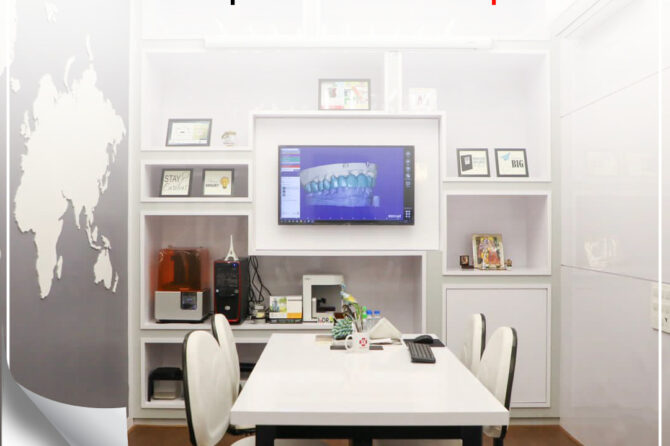
How should a clinician and dental lab communicate?
A clinician should communicate with his lab technician to plant and execute the restorative procedures to achieve excellent results. Advanced knowledge of the materials used for fabrication of prosthesis can be imparted by the dentist to the technician.

The various channels of communication:
- Verbal and personal communication is done face to face when the technician visits the clinic. These are factual information.
- Standard protocol is giving written information.
- When verbal info is volatile or writing a note is misplaced digital means of communication is handy. In this varied information is transferred through software, where detail information is formed. This includes photographs, shade guide, 3D images, study models, bite registrations, impressions diagnostic wax-up.
- If when any more additional information the is required a telephonic conversation helps solve the queries.
A clinician can indirectly communicate or ease off the fabrication process by marking on the dies of study models. The materials used should be selected on the basis of choice of metal alloys, types of porcelain, pontic design for the prosthesis. The clinical should also inform about the patient’s desire or esthetic or functional needs. The technician sums up all this information while fabricating the facial prosthesis.
The brand of material used is a one on one conversation between the dentist and his technician!
They decide as to which brand goes into the fabrication considering the esthetics and strength of the material used. The time period required is of utmost importance as this affects the patient’s dental visits. The clinician should keep a note of when he wants a certain trial or wax-up in case of implants before the final prosthesis. The lab technician should also inform the dentist about the delivery of the final prosthesis. Any changes in the trial or wax-up should be immediately notified bt the dentist to his technician.
The technician should know about the fine details of the cast consisting of natural teeth or with implants. He should fabricate the final prosthesis according to the tooth preparation and implant placement. The cost factor is also an important aspect as it depends on the dentist charging his patient, type of material brand used and the number of trials taken.
With an inadequate communication of the dentist and his technician would lead to an uneventful impact on the prosthesis and the dentist technician relationship. Hence to accomplish a successful patient-dentist and dentist technician connection and to acquire a desired final prosthesis a healthy and informative communication is of utmost importance between the dentist and their technician.
Leave a reply

Leave a reply